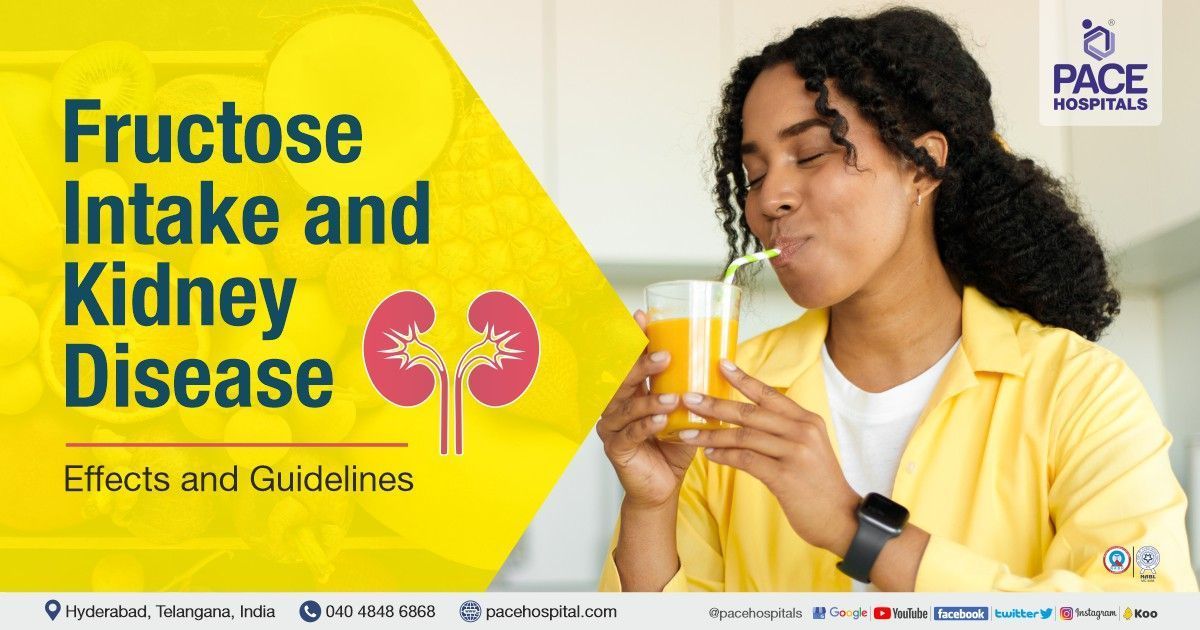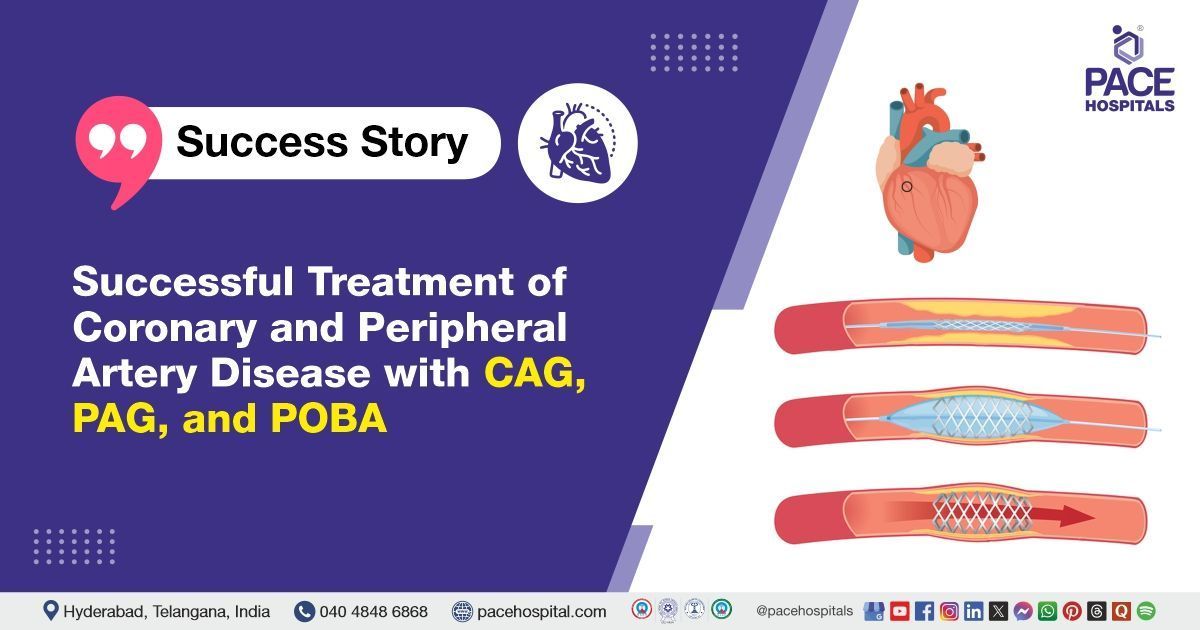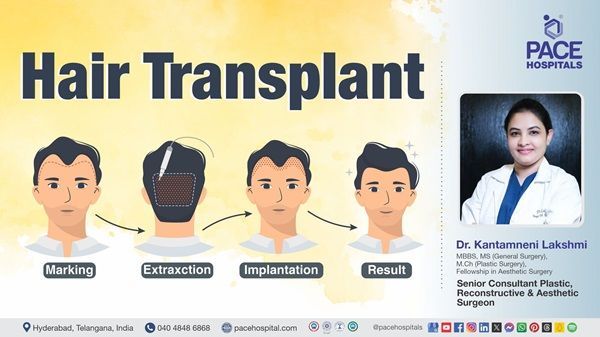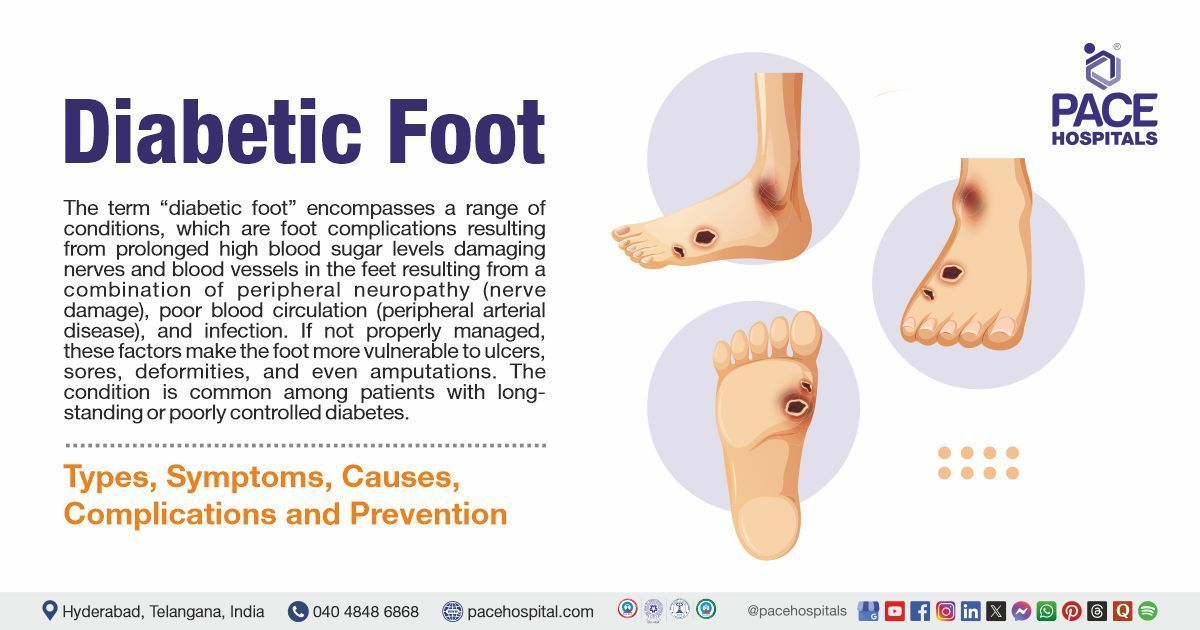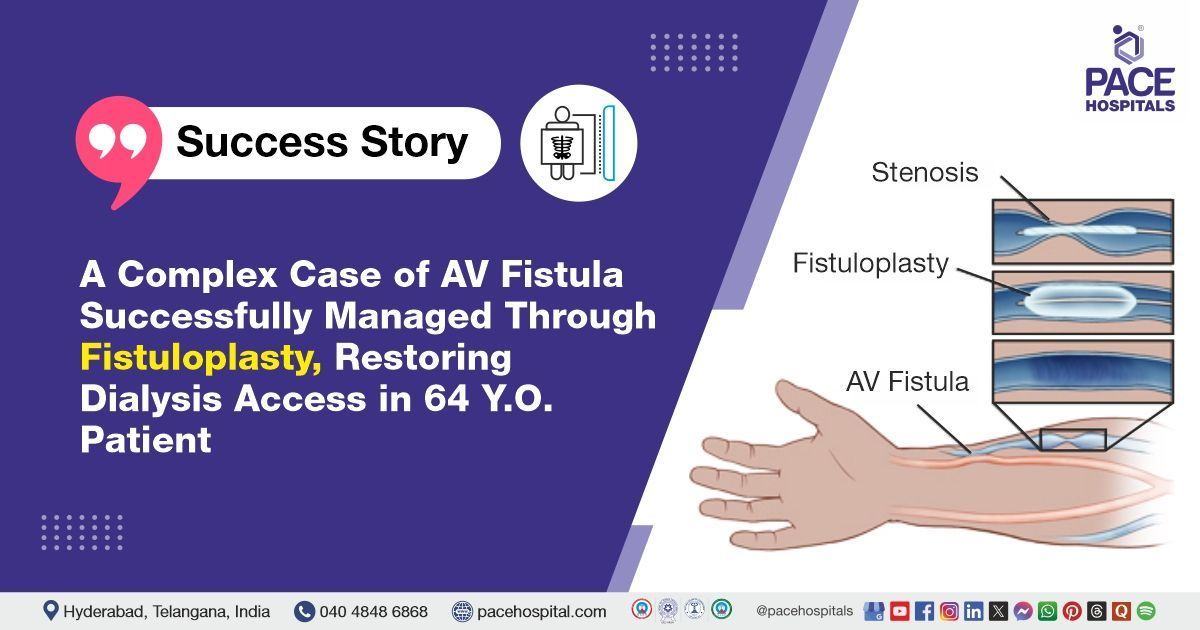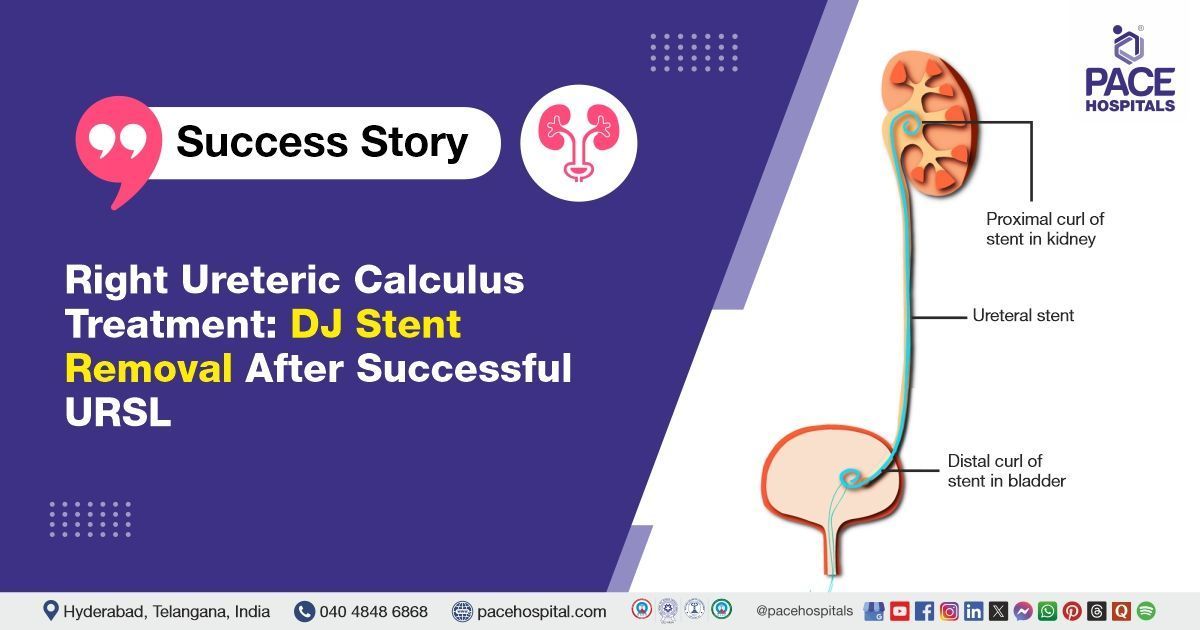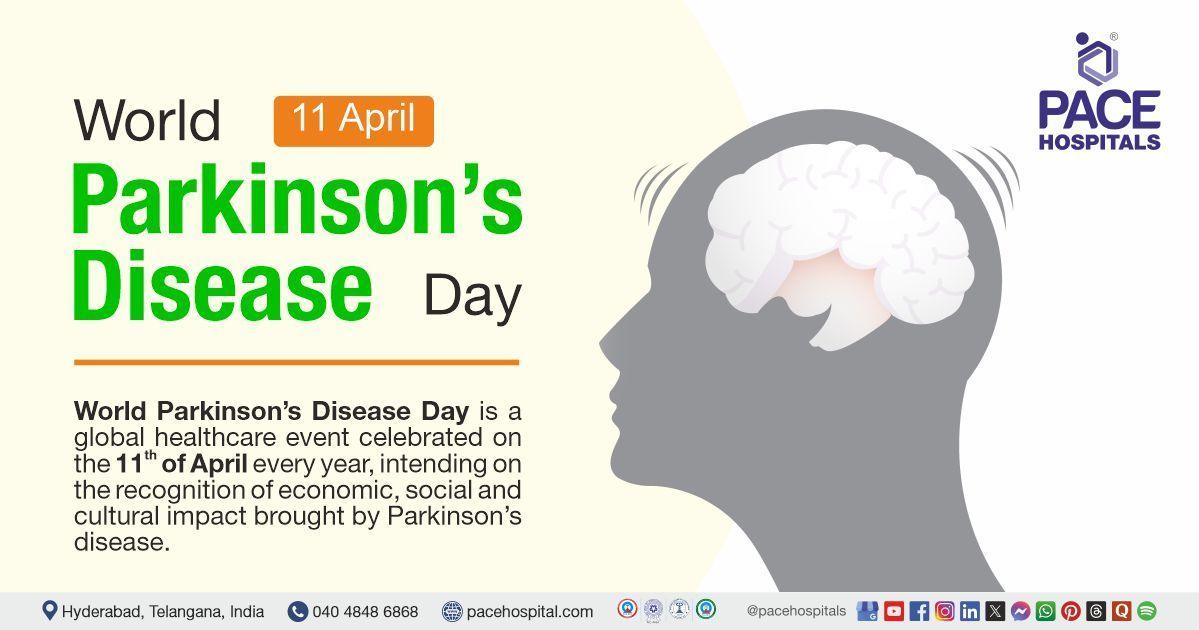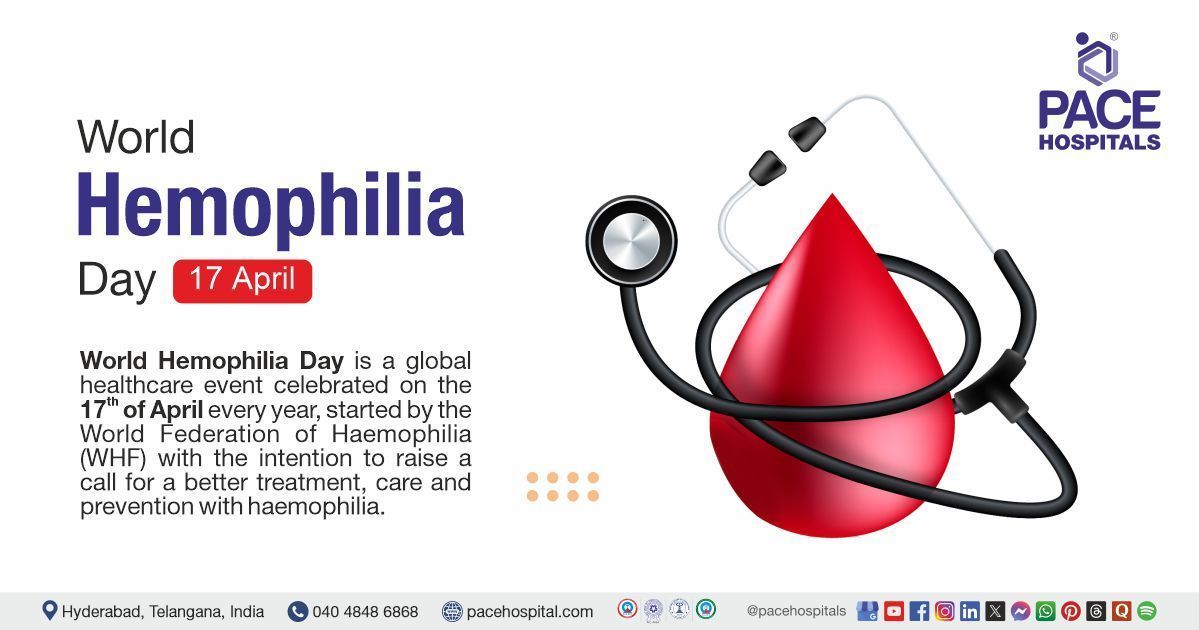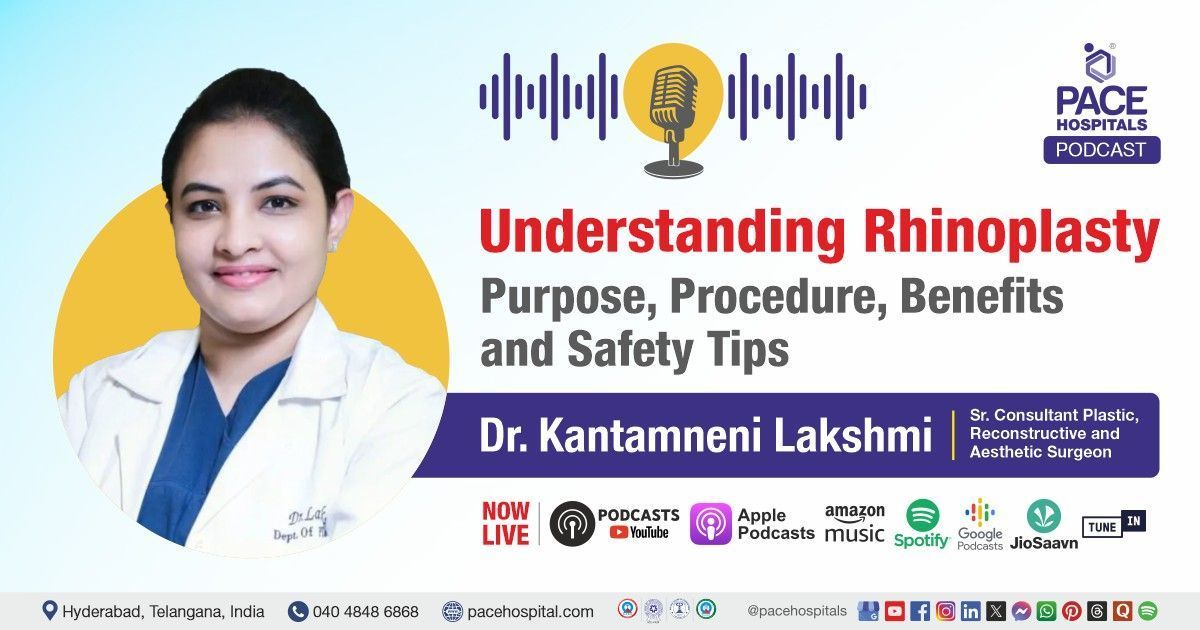Fructose Intake and Kidney Disease - Effects & Guidelines
Fructose is the primary nutrient in fruits and honey, giving them a sweet taste. There are two important sources of fructose in the diet.
- Refined Sugar: The first source of fructose is refined sugar, it is made from sugarcane, sugar beets, and palm. Recently, intake of refined sugar in the diet has increased. Refined sugar has sucrose, which is made of glucose and fructose. Refined sugar is added to sweets, desserts, alcohol, soft drinks, and other common foods.
- High Fructose Corn Syrup (HFCS): The second source of fructose in the diet is high fructose corn syrup (HFCS). It is derived from corn. The advantage of HFCS is it crystallizes less compared to refined sugar. Because of this feature, it is added to frozen foods.
Refined sugar & high fructose corn syrup are usually added to soft drinks, desserts, processed food, and baby foods. Fructose is also generated in the body in a few conditions. There is high fructose generation in the body in patients with diabetes, high salt diet, high sugar diet, Gout, metabolic syndrome, dehydration, and kidney disease. High fructose intake can lead to various deleterious effects on our bodies.
Sugar (sucrose) and high fructose corn syrup in the diet are broken down in the intestines, and fructose is released. Fructose is absorbed from the intestines into the blood and transported to the liver. Fructose is metabolized in the liver. Fructose metabolism in the liver can produce glucose and lactate. At the same time, fructose decreases the energy levels inside the cells. Because of this decrease in energy levels inside the cells, more uric acid is generated. This uric acid is the main reason for the harmful effects associated with high fructose intake. Uric acid can cause lead to -
- Increases the oxidative stress inside the cells.
- Diabetes
- High blood pressure (hypertension)
- Obesity
- Liver disease
- Kidney injury
Fructose and Its Effects on Kidney
High fructose intake, leading to diabetes, hypertension, obesity, and metabolic syndrome, increases the chronic kidney disease risk. Uric acid may directly damage the kidneys by causing scarring in the kidneys. It can lead to increased pressures inside the glomeruli (functioning units of the kidney) which can have harmful effects on the kidney.
In patients suffering from chronic kidney disease, it can worsen the protein loss in the urine (proteinuria). More than or equal to 2 servings of soda or drink with fructose can increase the risk of kidney disease.
Guidelines for fructose intake in kidney disease patients
- Food with high refined sugar or high fructose corn syrup can increase insulin resistance, obesity, and fatty liver.
- The risk is heightened with products containing sugar in liquid forms, like soft drinks, power drinks, sugary teas, and fruit punches. So, it is better to avoid them.
- Natural fruits have less fructose and contain fiber, which delays fructose absorption. Fruits also contain certain chemicals which are protective of the body.
- Fruit juices can have high fructose content, so it is better to avoid them.
- If fruits or sweet taste is desired, it is better to take natural fruit after discussing with a nephrologist and dietician, which are acceptable.
- In dialysis patients, salt and sugar increase thirst and excess weight gain between dialysis sessions. So, they are recommended for both salt restriction and avoiding excess sugar intake.
- Refined sugar recommendations are six teaspoons (25 grams) for women and nine teaspoons (37.5 grams) for men in a whole day.
Related article
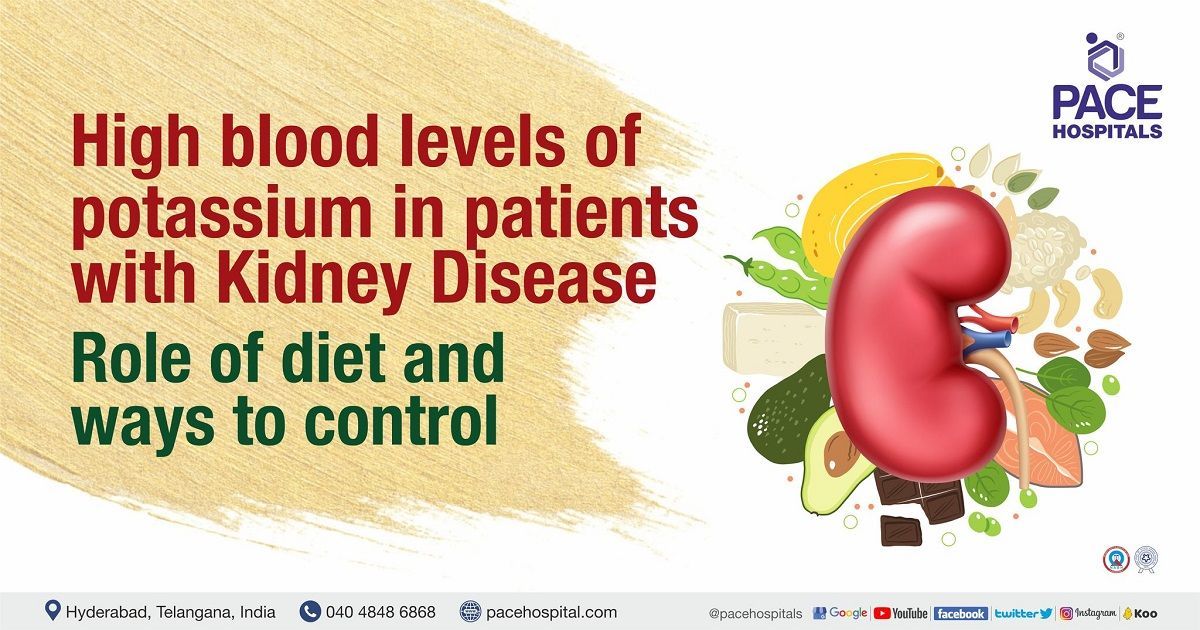
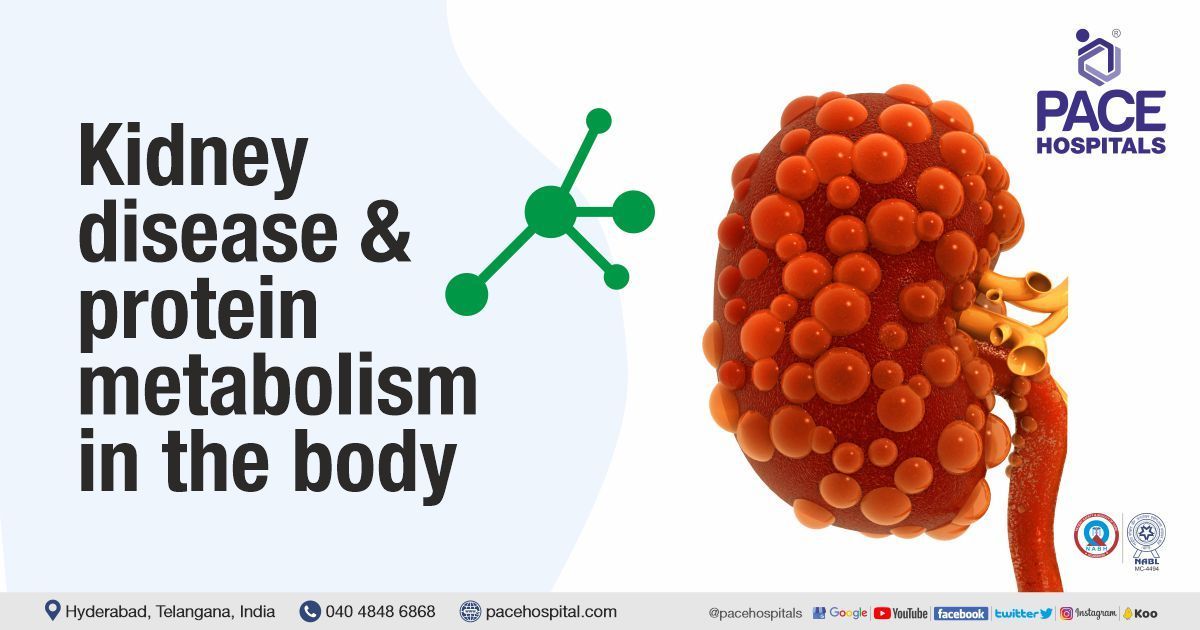
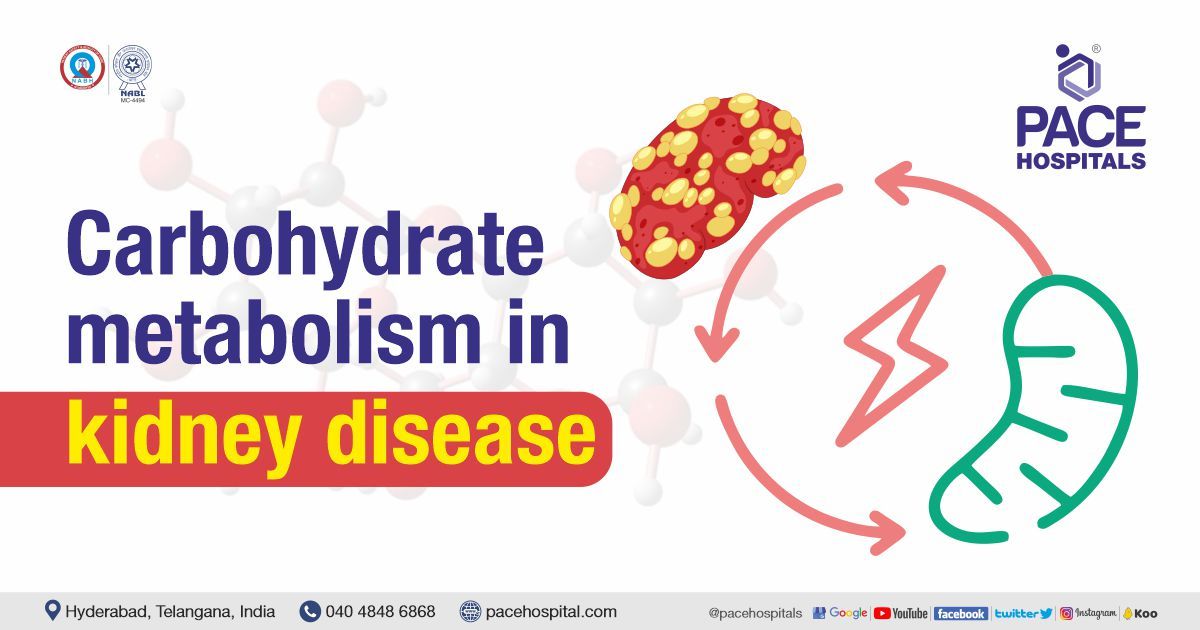
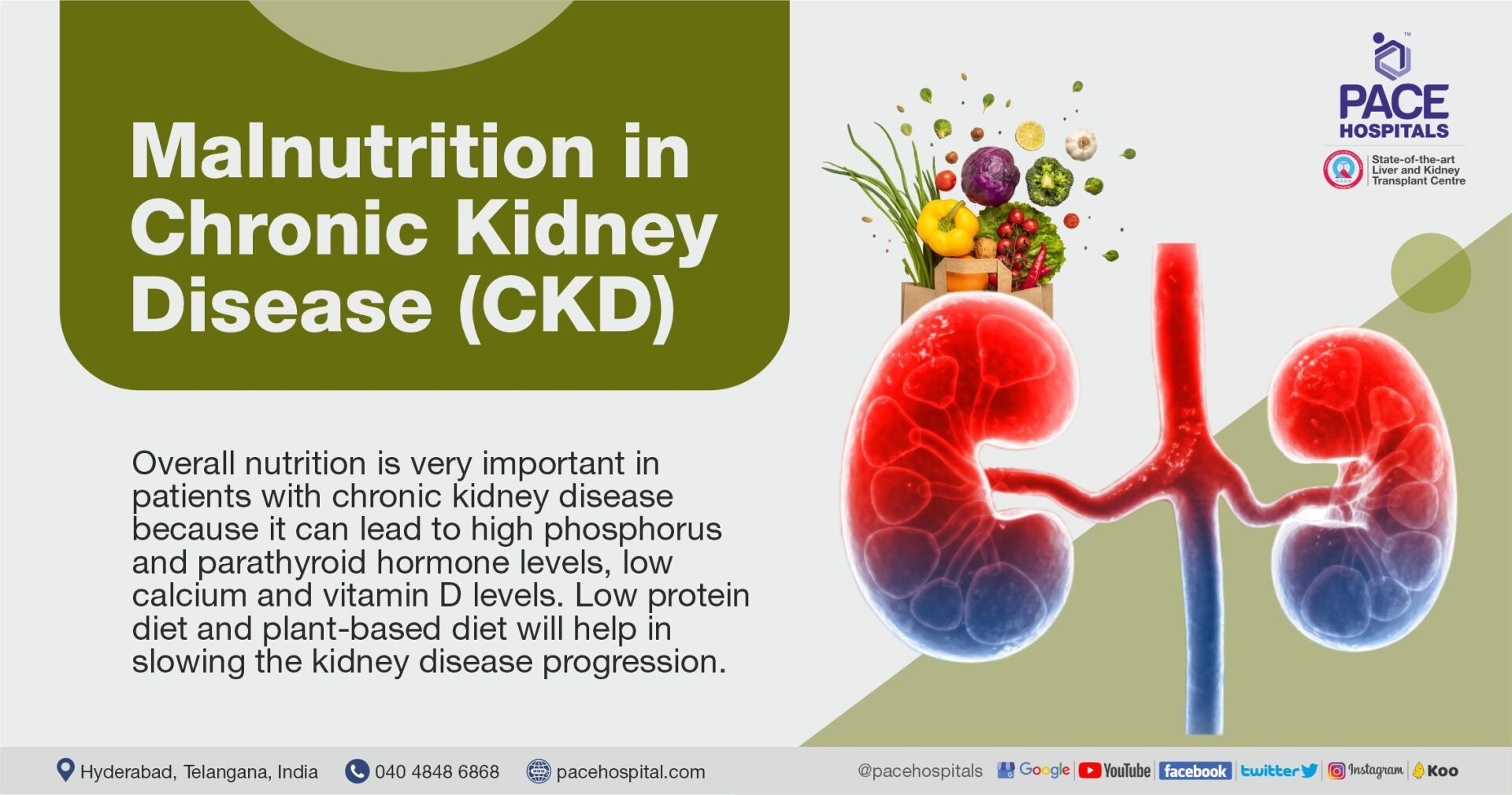
Request an appointment
Fill in the appointment form or call us instantly to book a confirmed appointment with our super specialist at 04048486868
Appointment request - health articles
Thank you for contacting us. We will get back to you as soon as possible. Kindly save these contact details in your contacts to receive calls and messages:-
Appointment Desk: 04048486868
Whatsapp: 8977889778
Regards,
Pace Hospitals
Hitech City and Madinaguda
Hyderabad, Telangana, India.
Oops, there was an error sending your message. Please try again later. We will get back to you as soon as possible. Kindly save these contact details in your contacts to receive calls and messages:-
Appointment Desk: 04048486868
Whatsapp: 8977889778
Regards,
Pace Hospitals
Hitech City and Madinaguda
Hyderabad, Telangana, India.
Our Locations – Find the Best Hospital Near You
Metro Pillar Number C1772, Beside Avasa Hotel, Hitech City Road, Near HITEC City Metro Station, Hyderabad, Telangana, India.
Mythri Nagar, Beside South India Shopping Mall, Hafeezpet, Madeenaguda, Hyderabad, Telangana, India.
040 4848 6868
Payment in advance for treatment at PACE Hospitals, Hyderabad, Telangana, India (Pay in INR ₹)
For Bank Transfer:-
- Bank Name: HDFC
Company Name: Pace Hospitals
A/c No.50200028705218
IFSC Code: HDFC0000545 - Bank Name: STATE BANK OF INDIA
Company Name: Pace Hospitals
A/c No.62206858997
IFSC Code: SBIN0020299
Scan QR Code by Any Payment App (GPay, Paytm, Phonepe, BHIM, Bank Apps, Amazon, Airtel, Truecaller, Idea, Whatsapp etc).

CONTACT US
Call: +914048486868
WhatsApp: +918977889778
Email: info@pacehospitals.in
FOLLOW US
SUBSCRIBE
Subscribe to our newsletter and stay updated with the latest health information.
Subscribe to PACE Hospitals' Public Newsletter
Thank you for subscribing to PACE Hospitals' Newsletter. Stay updated with the latest health information.
Oops, there was an error. Please try again submitting your details.
ABOUT US
QUICK LINKS
Disclaimer
General information on healthcare issues is made available by PACE Hospitals through this website (www.pacehospital.com), as well as its other websites and branded social media pages. The text, videos, illustrations, photographs, quoted information, and other materials found on these websites (here by collectively referred to as "Content") are offered for informational purposes only and is neither exhaustive nor complete. Prior to forming a decision in regard to your health, consult your doctor or any another healthcare professional. PACE Hospitals does not have an obligation to update or modify the "Content" or to explain or resolve any inconsistencies therein.
The "Content" from the website of PACE Hospitals or from its branded social media pages might include any adult explicit "Content" which is deemed exclusively medical or health-related and not otherwise. Publishing material or making references to specific sources, such as to any particular therapies, goods, drugs, practises, doctors, nurses, other healthcare professionals, diagnoses or procedures is done purely for informational purposes and does not reflect any endorsement by PACE Hospitals – your trusted hospital near me.

